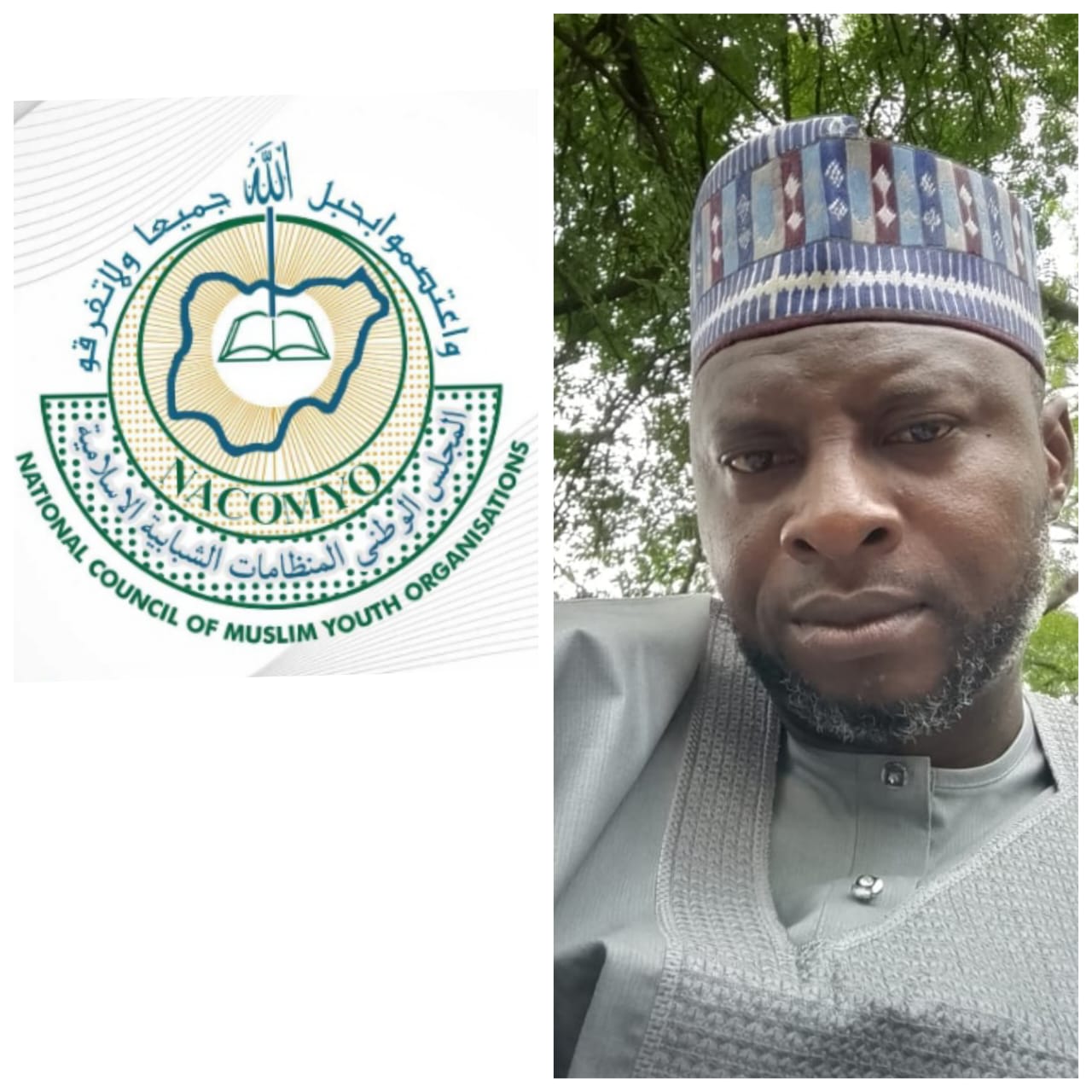As part of the global commemoration of the 2025 World Environment Day, the Ondo State Chapter of the National Council of Muslim Youth Organizations (NACOMYO) has launched a sensitization campaign aimed at promoting sustainable environmental practices and raising awareness about the harmful effects of plastic pollution and climate change.
Addressing participants during the Council’s 2025 Commemorative Sessions, the Ondo State Coordinator of NACOMYO, Amb. Engr. Ogunmola Muhammed, emphasized the significance of World Environment Day, describing it as an annual observance set aside by the United Nations to highlight the need for environmental protection.
He noted that the theme for this year, “Beat Plastic Pollution,” aligns with the council’s advocacy for a more eco-conscious society.
“Our sensitization campaign seeks to raise global awareness about the damaging effects of plastic waste on ecosystems, wildlife, and human health. It is time for a change in our attitudes, consume only what you need, embrace reuse, dispose of plastic waste responsibly, and develop a genuine love for the environment,” Ogunmola stated.
He warned that environmentally unfriendly practices are major contributors to climate change, which he described as a serious and escalating threat. “Greenhouse gas emissions continue to rise, global temperatures are increasing, and our actions are pushing the planet towards irreversible climate chaos,” he said, listing the consequences as flooding, wildfires, disease outbreaks, pest invasions, low agricultural yields, poverty, and insecurity.
Ogunmola called for urgent and sincere collaboration among individuals, organizations, and governments to implement sustainable solutions. “Combating climate change will not only help us address this year’s theme but also ensure a livable future. We must unite and act now,” he urged.
Drawing inspiration from Islamic teachings, Ogunmola highlighted Quranic references to environmental stewardship.
He cited the story of Prophet Yusuf (A.S), where strategic grain storage during seven years of abundance helped cushion the impact of subsequent drought years. He also referenced the stories of Prophets Nuh (A.S) and Musa (A.S), pointing to different patterns of climate change, gradual and sudden, reflected in the Qur’an.
“The Holy Qur’an presents valuable case studies on the effects of climate change and teaches us how to mitigate them. These stories are not just spiritual lessons but practical guides for our time,” he said. “We must ask ourselves, what is our ark in the desert? What must we build today to become resilient in the face of climate change?”
NACOMYO, as the apex body of Muslim youth organizations in the state, called on individuals, civil society, and all tiers of government to prioritize environmental preservation and embrace climate action as a shared global responsibility.
The council concluded the event by urging the public to reconnect with nature, adopt sustainable habits, and view environmental protection not just as a duty, but as a moral and spiritual obligation.


